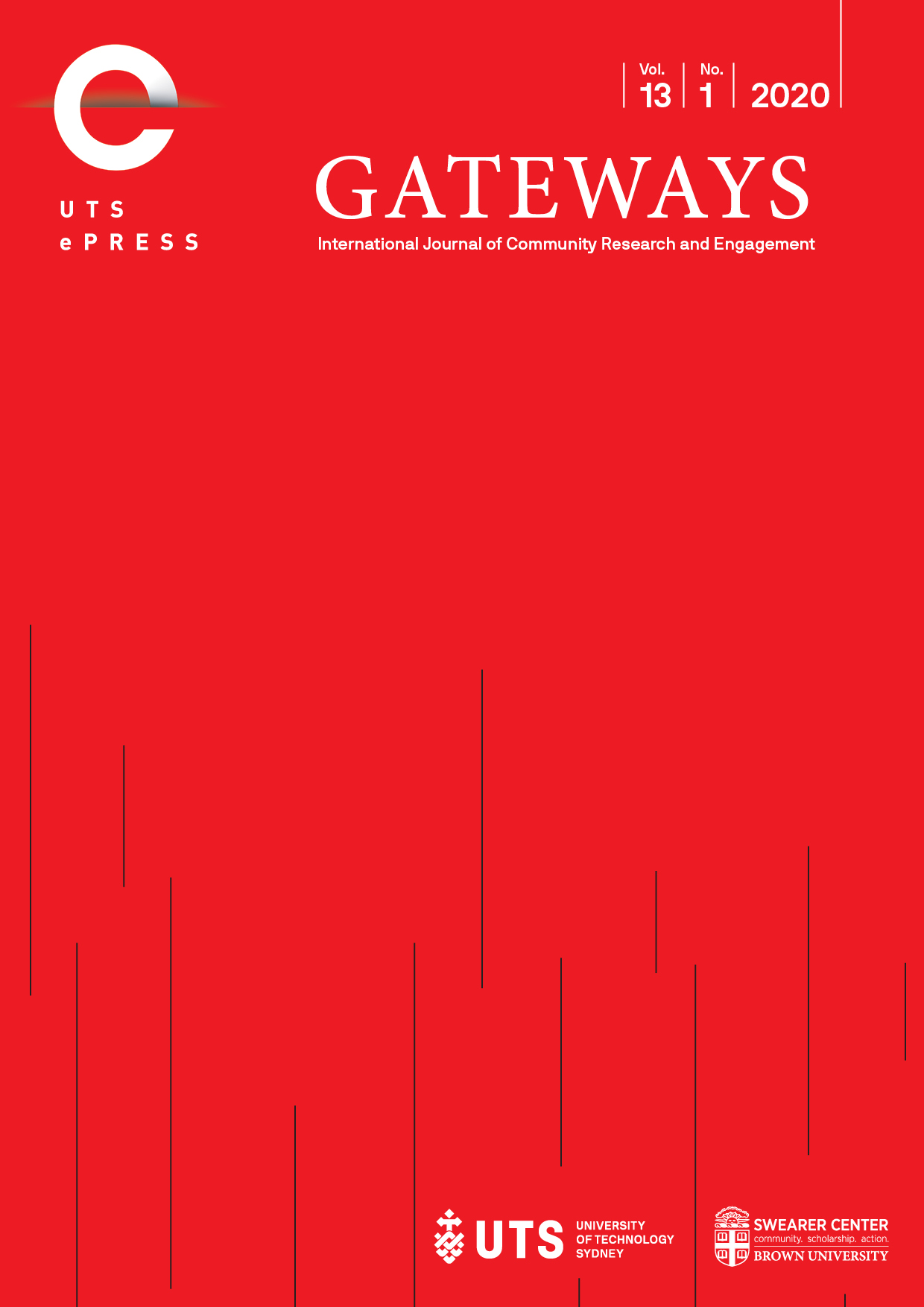Taking stories: The ethics of cross-cultural community conservation research in Samburu, Kenya
Main Article Content
Abstract
Biodiversity is under threat at a global level, and many of the most biodiverse hotspots are in developing regions of the world. In many of these communities, livelihoods are often dependent on the same natural landscapes that support biodiversity. As a result, achieving global conservation and development goals is a priority in these regions, and therefore they attract the interest of both local and international researchers. However, research by outside, Western-based researchers can present ethical and practical challenges in these areas. Fortunately, community-based participatory research (CBPR), if managed well, can contribute to responsible conservation research in these regions. In this article, we investigate strategies to address ethical issues associated with cross-cultural conservation and development research. Our analysis draws on the experiences of a women’s village in northern Kenya and six Western researchers. Using qualitative methodologies, we identify common themes in ethical conservation and develop research including critical consciousness, relationship-building, reciprocity, and adaptive research processes. We discuss the implications for ethical CBPR and, specifically, the need for both researchers and funders to only conduct such research if they can devote the resources required to do so ethically.
Article Details
Issue
Section
Authors who submit articles to this journal from 31st March 2014 for publication, agree to the following terms:
a) Authors retain copyright and grant the journal right of first publication with the work simultaneously licensed under a Creative Commons Attribution License that allows others to share and adapt the work with an acknowledgement of the work's authorship and initial publication in this journal.
b) Authors are able to enter into separate, additional contractual arrangements for the non-exclusive distribution of the journal's published version of the work (e.g., post it to an institutional repository or publish it in a book), with an acknowledgement of its initial publication in this journal.
c) Authors are permitted and encouraged to post their work online (e.g., in institutional repositories or on their website) prior to and during the submission process, as it can lead to productive exchanges, as well as earlier and greater citation of published work (See The Open Access Citation Advantage Service). Where authors include such a work in an institutional repository or on their website (ie. a copy of a work which has been published in a UTS ePRESS journal, or a pre-print or post-print version of that work), we request that they include a statement that acknowledges the UTS ePRESS publication including the name of the journal, the volume number and a web-link to the journal item.
d) Authors should be aware that the Creative Commons Attribution (CC-BY) License permits readers to share (copy and redistribute the work in any medium or format) and adapt (remix, transform, and build upon the work) for any purpose, even commercially, provided they also give appropriate credit to the work, provide a link to the license, and indicate if changes were made. They may do these things in any reasonable manner, but not in any way that suggests you or your publisher endorses their use.
For Volume 6 (2013) and before, the following copyright applied:
Articles published by UTSePress are protected by copyright which is retained by the authors who assert their moral rights. Authors control translation and reproduction rights to their works published by UTSePress. UTSePress publications are copyright and all rights are reserved worldwide. Downloads of specific portions of them are permitted for personal use only, not for commercial use or resale. Permissions to reprint or use any materials should be directed to UTSePress.
